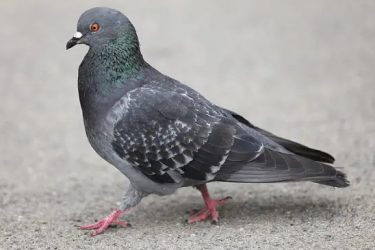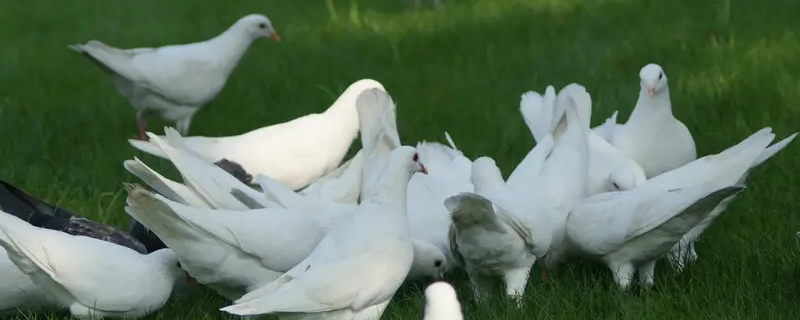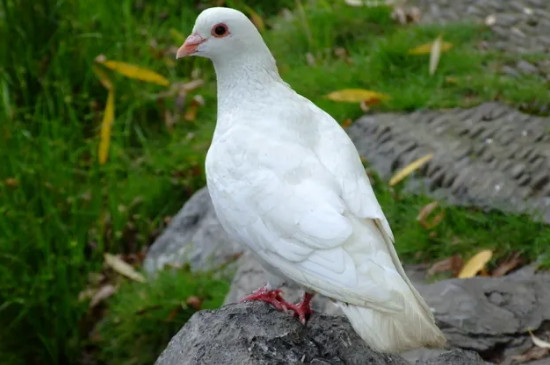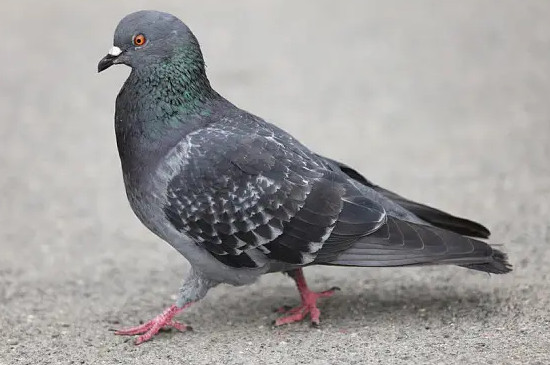
Pigeons will freeze to death when the temperature is below -30℃. Although pigeons have strong cold tolerance, they will be frozen to death when the temperature is below -30℃. Although the thick hair of pigeons can keep them warm, it is recommended to transfer them to indoor maintenance after winter and cover them with cage cloth to keep them warm. In winter low temperature environment, pigeons should be fed corn, peanuts and other oil food to supplement nutrition.

Pigeons will freeze to death when the temperature is below -30℃. Although pigeons themselves have strong cold tolerance and generally will not be frozen to death, they may be frozen to death when the temperature is below -30℃. The average winter does not affect their life. Some healthy pigeons will run to the snow to play.

Although pigeons have thick feathers covering their bodies to keep them warm, it is recommended to move them indoors in winter and put a layer of windproof cloth on the cage coat to keep them warm, so as to avoid the cold condition caused by the low temperature.

During the cold winter, pigeons can also be fed more oil crops such as corn and peanuts to help them store fat and resist the cold. In addition, the number of flying pigeons in winter should not be too much, generally 2 to 3 times a week can be released, so as to avoid frostbite cold.
Unless otherwise noted, all articles on this site are original by UPetClub. Please indicate the source of reprinthttps://www.upetclub.com/202.html


